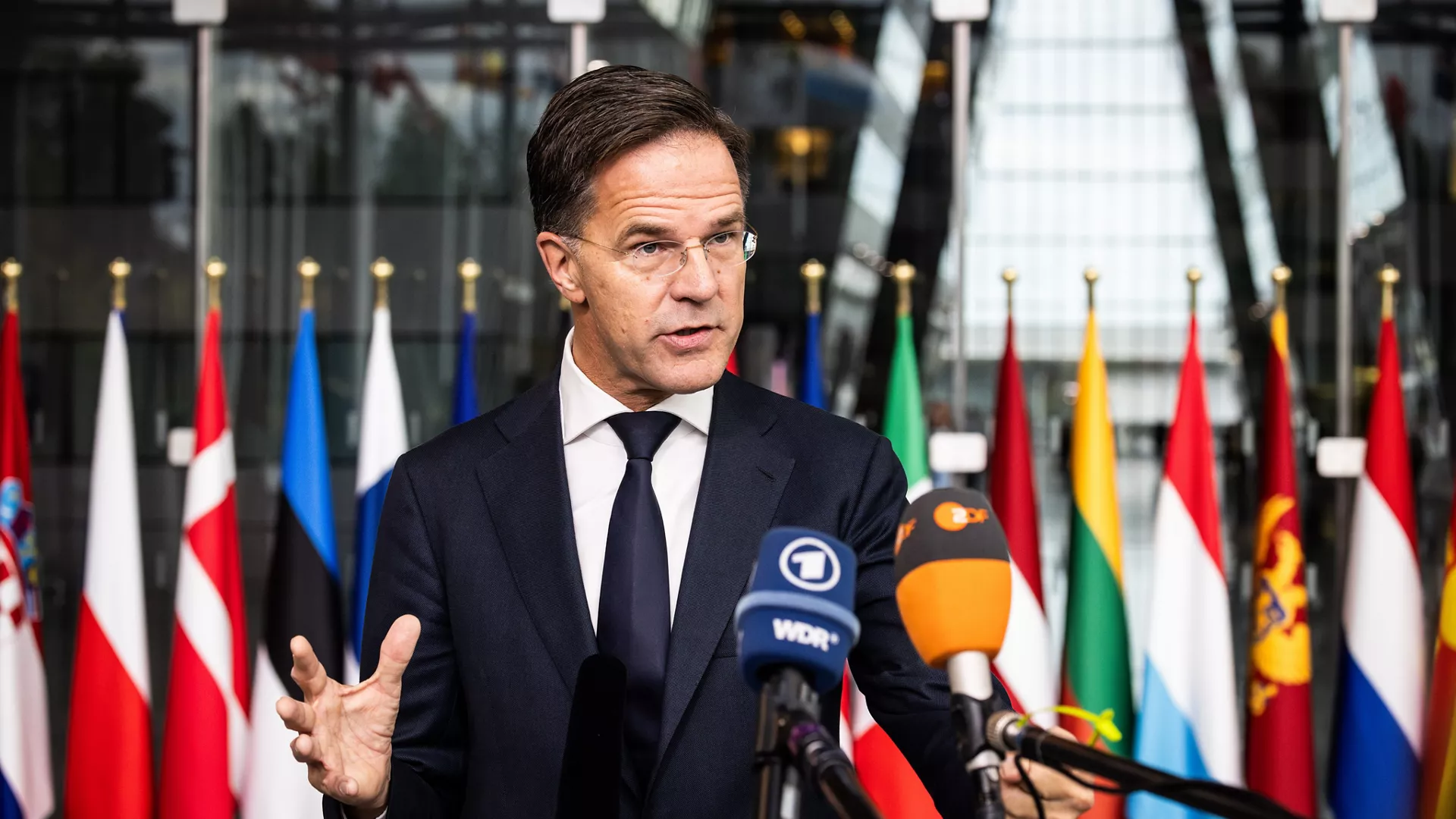
Martin Niemoller, 14 January 1892 - 6 March 1984, was an anti-Nazi German theologian who after the end of World War II worked for active reconciliation among Germans and then for reconciliation between the West and the USSR. He was one of the six co-presidents of the World Council of Churches (WCC) from 1961 to 1968 - a period when the WCC reached out beyond church circles to raise issues of peace, development and anti-racism. I knew him somewhat during his WCC presidency when he would come to Geneva and often gave talks on his reconciliation efforts.
Martin Niemoller's father was a well-known Protestant pastor who hoped that his son would follow but who left him all freedom to choose. Martin Niemoller's first choice was the military navy, and he became a navel officer and a commander of a submarine, a U-boat. He was a U-boat commander when the 1914-1918 World War broke out. His was a nine-laying sub which mined French harbors causing damage and lose of life.
At the end of the First World War, there was no future for a career in the German military navy, and so Martin Niemoller began theological studies. In the life of an individual, there is often a parting from the original tribal or family consciousness to an awareness that there is a wider socio-historical context. Only after separation can there be a reunion on a deeper and more mature level of relationship. The war experience shaped the thinking of Martin Niemoller in ways that would not have been the case had he started theological studies right after secondary school.
He was ordained in 1929 and became a pastor of the Protestant church in Dahlem, a wealthy suburb of Berlin. He became active in the social welfare projects of the church, the German economy having been largely disrupted after the 1918 defeat, even before the 1929 world-wide depression. At first, Niemoller did not see the dangers of the rise of the Nazi party. He felt that Germany needed a strong leadership to bring the country together. Hitler might provide such strong leadership since for Niemoller, there was no equivalent leader among the liberals or the Left.
It was when Hitler came to power and started putting into practice his racial policies that Martin Niemoller became an outspoken critic. Niemoller's first protests came concerning the Nazi policy toward Christians who had converted from Judaism and even those who had been raised as Christians but who had at least one grandparent a Jew. For the Nazi ideology and its "Aryan Laws", once a Jew, always a Jew. Niemoller spoke out strongly against this policy. Since he was a minister in a well-known church very near Berlin, his views quickly became known to the higher Nazi authorities. From 1934 to 1937, Niemoller was repeatedly arrested and kept in solitary confinement for different lengths of time. In 1937, he was again arrested and put in concentration camps, including Dachau. In 1944, he was moved to a camp in Austria with other political prisoners. The aim was to kill them all before they could be liberated. Fortunately, the camp was liberated by the Allied forces before they could be killed.
At his liberation, he found the German churches deeply disorganized and unsure of what policies to undertake. Leading German theologians who had been his contemporaries had left Germany. Karl Barth (1886 -1968) that Niemoller had known as a professor at Bonn University had left for Switzerland, being a Swiss citizen. Paul Tillich (1886 - 1965) had gone to the USA before the start of the war. Dietrich Bonnhoeffer (1906 -1945) had been killed for his anti-Nazi resistance.
The German Protestants were divided by the zones of occupation, especially between what was to become East Germany and West Germany. Niemoller saw that the first task was reconciliation among the Germans themselves. He opposed the "de-nazification" programs set up by the Allies, maintaining that the churches should not participate. Repentance - as there was a universal, collective guilt - should be an individual examination of conscience and not imposed from outside. He saw that there needed to be all-German reconciliation if Germany was ever to play a positive role in the world society.
He became quickly aware of the dangers of the division between the West and the USSR. In 1952, he went for discussions to the USSR and opposed the re-arming of Western Germany. He again became a minority voice within the German churches.
In 1967 as the US-Vietnam war was increasing, he went to North Vietnam to see on what basis negotiations might be possible. In 1967, President Ho Chi Minh received a number of U.S. and European clergy who were opposed to the U.S. war. The U.S. began its bombing of North Vietnam in February 1965. Although destructive, the bombing had not changed Vietnamese policy. By 1967, however, both the U.S. and North Vietnam felt that lack of contact was potentially dangerous and could lead to greater escalation. Protestant ministers seemed to be a good avenue for contact - opposed to the war but in contact with political leaders in the U.S. and England who might have influence on policy making. Niemoller used his contacts as co-president of the World Council of Churches. However, there is no "fast track" to reconciliation. The war in Vietnam continued until 1975 and reconciliation came even later.
The life of Martin Niemoller is a dramatic reflection of German life from 1914 to the 1970s - a reflection of political currents and intellectual-spiritual movements.
***********************
Note
1) For a good biography, see James Bently. Martin Niemoller, 1892-1984 (New York: Macmillan Free Press, 1984)
For a collection of essays in English of his reconciliation thinking see:
Martin Niemoller. One World or No World (1964)
***********************
Rene Wadlow, President, Association of World Citizens

No comments:
Post a Comment